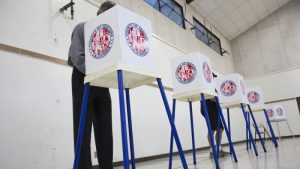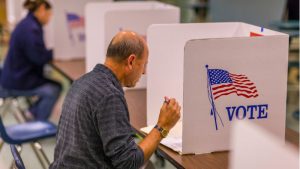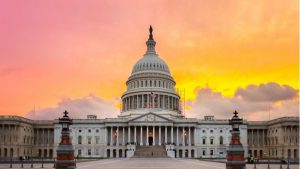The National Association of State Chief Information Officers (NASCIO) announced a change in leadership today.
The use of artificial intelligence (AI) and predictive analytics in the criminal justice system is the latest attempt to make sentencing decisions more accurately and reduce recidivism.
The voting app Voatz has come under increased scrutiny following a Feb. 13 report from Massachusetts Institute of Technology (MIT) researchers.
The Washington state Senate passed a data privacy bill Feb. 14 that would give consumers greater access to and control over their personal data.
The Town of Fulton, Wis., launched the first pilot test of new voting security technology today. The pilot, which is a partnership between Fulton, VotingWorks, and Microsoft, will test Microsoft’s ElectionGuard technology.
The Department of Homeland Security’s (DHS) Cybersecurity and Infrastructure Security Agency (CISA) is promising state and local election officials that it will be vigilant, trustworthy, and transparency about 2020 election security in the agency’s #Protect2020 Strategic Plan.
While the 2020 election cycle has been officially underway for less than a month, there have already been significant technology concerns. While the most notable tech concern was the Feb. 3 Iowa Caucus, researchers at the Massachusetts Institute of Technology (MIT) raised additional concerns in a report published Feb. 13.
The House Homeland Security Committee advanced the State and Local Cybersecurity Improvement Act out of committee on Feb. 12.
Members of the House Consumer Protection and Commerce Subcommittee today discussed several major themes of draft legislation that aims to evolve the Federal government’s role in regulating the development of autonomous vehicle (AV) technology, and expanding the ability of industry to do more AV technology testing.
The Cybersecurity and Infrastructure Security Agency (CISA) issued a statement today offering assurance that efforts by the Federal government and state and local authorities have resulted in installation of intrusion detection sensors on election infrastructure in all 50 states.












